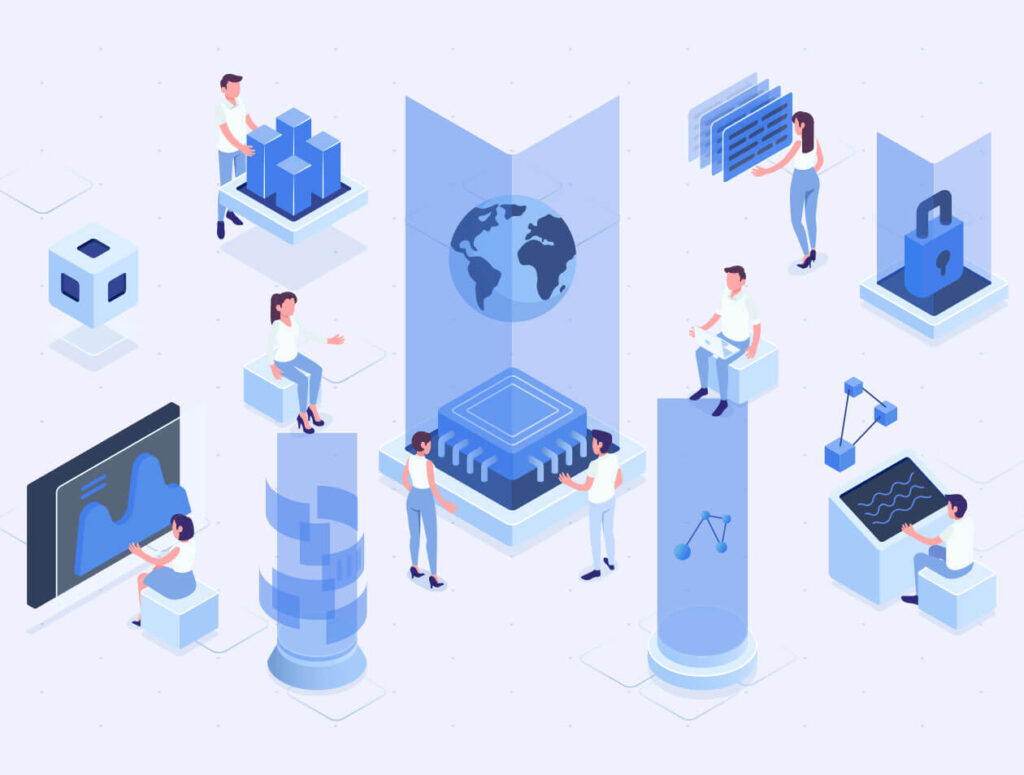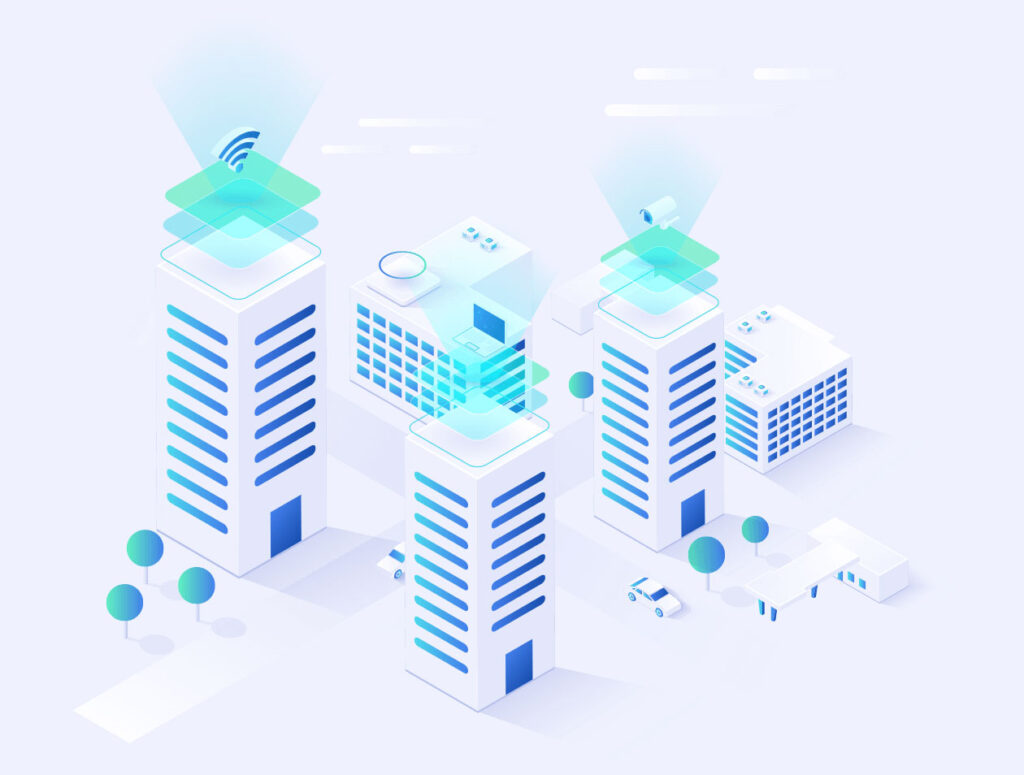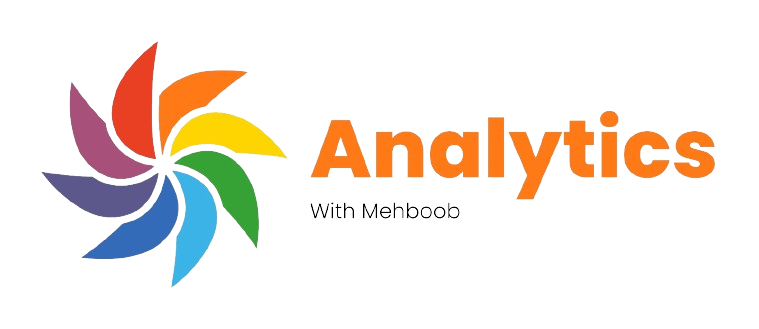Data science has become one of the most sought-after and rapidly growing fields in the modern economy. While it’s often assumed that the path into data science requires a degree in computer science, mathematics, or statistics, the reality is that professionals from a wide range of backgrounds are finding immense success in this dynamic industry.
In fact, a recent study by the IBM Institute for Business Value found that the most effective data science teams are those that combine individuals with varied expertise. The report states that “the best data science teams are diverse, with members who bring different skills, experiences, and perspectives to the table.”[1] This diversity allows for more innovative solutions and a deeper understanding of complex business problems.
So, what does it take for someone without a traditional data science background to make a successful career transition? Let’s explore the journeys of a few inspiring individuals who have done just that:
The Former Marketing Manager: Leveraging Analytical Prowess Jane had spent 10 years working in the fast-paced world of marketing, honing her skills in data analysis, campaign optimization, and customer insights. When she decided to make a career change, she knew that her existing data-driven mindset and problem-solving abilities could be valuable assets in the data science field.
“My experience in marketing taught me how to work with large datasets, derive meaningful insights, and translate those insights into actionable business strategies,” Jane explains. “I realized that these skills were highly transferable to the world of data science.”
Jane completed an intensive online data science bootcamp, which allowed her to quickly build up her technical expertise in programming, machine learning, and data visualization. Armed with this new knowledge and her existing analytical prowess, Jane was able to land a role as a data analyst at a leading tech company.
The Mechanical Engineer: Blending Technical Expertise with Data Mastery After working as a mechanical engineer for 8 years, Mike felt a growing pull towards the rapidly evolving field of data science. He recognized that his technical background and problem-solving skills could be valuable assets in this data-driven industry.
“As an engineer, I was already comfortable working with complex systems and using data to drive decision-making,” Mike explains. “I knew that if I could supplement my existing expertise with more specialized data science skills, I could potentially make a really compelling career transition.”
Mike took evening classes in programming and machine learning, carefully building up his knowledge of the technical foundations of data science. He then leveraged his combined engineering and data expertise to secure a position as a data engineer at a manufacturing firm, where he is now helping to optimize production workflows and predictive maintenance systems.
The Business Consultant: Marrying Data Fluency with Strategic Thinking Sarah had a background in business consulting, where she frequently worked with large datasets and helped clients make data-driven decisions. Wanting to dive deeper into the technical aspects of data analysis, she earned a master’s degree in data science.
“My time as a business consultant taught me how to ask the right questions, understand complex business problems, and translate data insights into actionable strategies,” Sarah says. “Combining that strategic thinking with more advanced data science skills has allowed me to become a true partner to my clients.”
Sarah’s unique blend of business acumen and data expertise made her a highly sought-after data scientist at a leading consulting firm. She now works with a diverse range of clients, from Fortune 500 companies to high-growth startups, helping them leverage the power of data to drive innovation and growth.
These stories illustrate the myriad pathways into data science. Whether it’s leveraging existing analytical skills, learning new technical competencies, or blending business knowledge with data-driven insights, there are many routes to success in this dynamic field.
If you’re considering a transition into data science, the key is to identify the transferable skills you already possess and then strategically expand your knowledge and capabilities. This might involve taking online courses, attending data science meetups, or even completing a boot camp or degree program.
Ultimately, the data science field benefits greatly from diverse perspectives and backgrounds. By embracing this diversity, organizations can foster innovative solutions and stay ahead of the curve in an ever-evolving technological landscape. So why not take the leap and explore a thriving data science career, even if your current path is anything but traditional?






